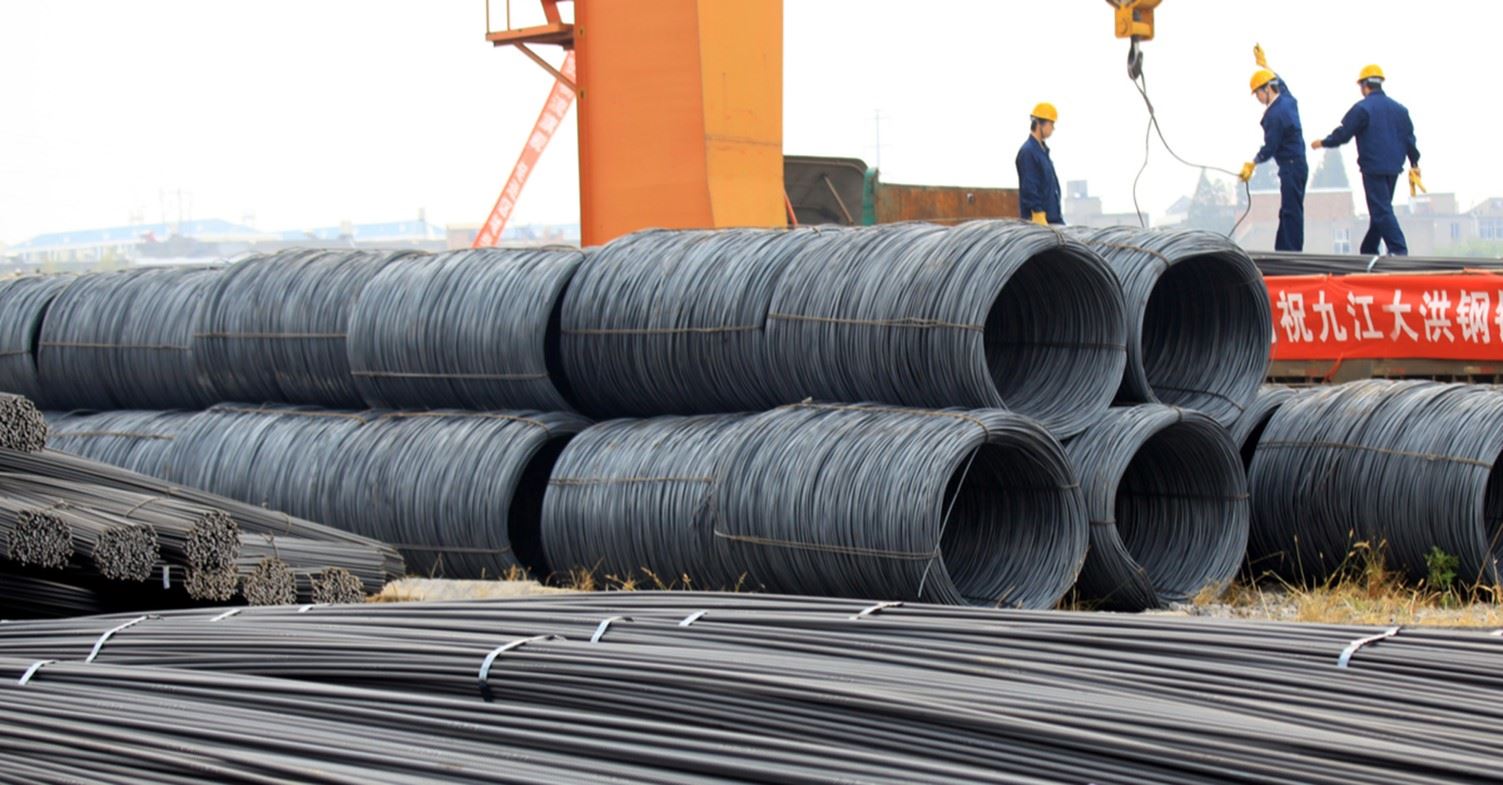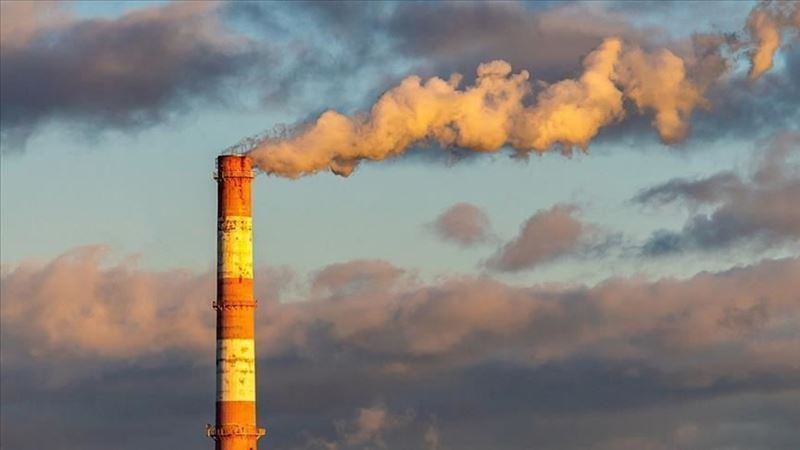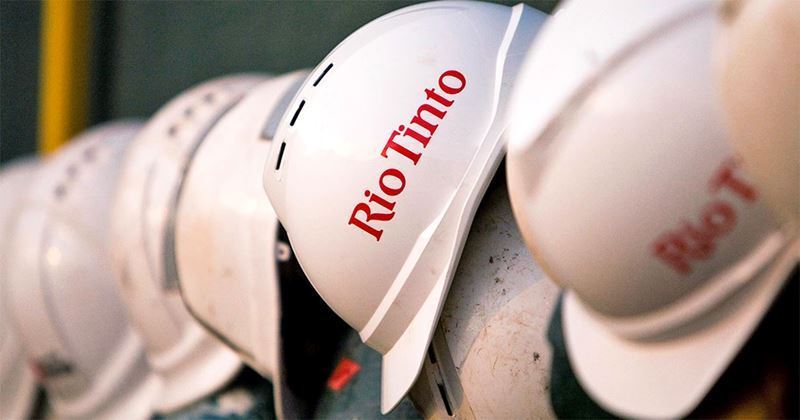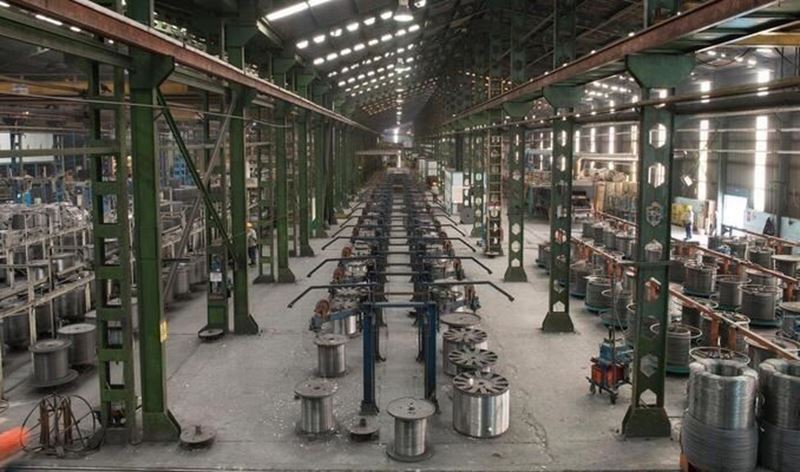In an announcement made on Tuesday, the U.S. Trade Representative's Office (USTR) stated that they will commence investigations into China's unfair practices such as steel "dumping". This move aims to safeguard the U.S. steel and shipbuilding industries from practices undermining their competitiveness.
A statement from the White House emphasized President Biden's belief in steel being the backbone of the U.S. economy. However, China's policies and subsidies in the steel and aluminum sectors have forced American products to compete at lower prices.
In light of this, the Biden administration has announced three significant steps. Firstly, President Biden has instructed the USTR to triple the current tariff rates on Chinese steel and aluminum. This action is geared towards combating China's unfair trade practices and supporting the American steel industry. Secondly, the U.S. Department of Commerce is cracking down on countries and importers flouting regulations and flooding the market with cheap products. By imposing anti-dumping and countervailing duties on steel-related items, the department aims to uphold fair and competitive trade.
Additionally, the Biden administration is examining China's unfair trade practices in sectors like shipbuilding, maritime, and logistics. This initiative is aimed at addressing China's alleged interventionist policies aimed at bolstering its competitiveness in global markets.
These measures underscore the U.S.'s determination to counter China's unfair trade practices. The Biden administration reaffirms its commitment to protecting the interests of the American steel industry and workers while fostering a competitive trade environment.
Furthermore, these developments extend beyond the U.S.-China dynamic to encompass concerns of workers in Latin America. The Latin American Steel Association (Alacero) highlights the threat posed by Chinese steel imports to jobs in the region. According to Alacero's data, there has been a significant surge in steel imports from China, raising alarm bells among regional stakeholders.











Comments
No comment yet.